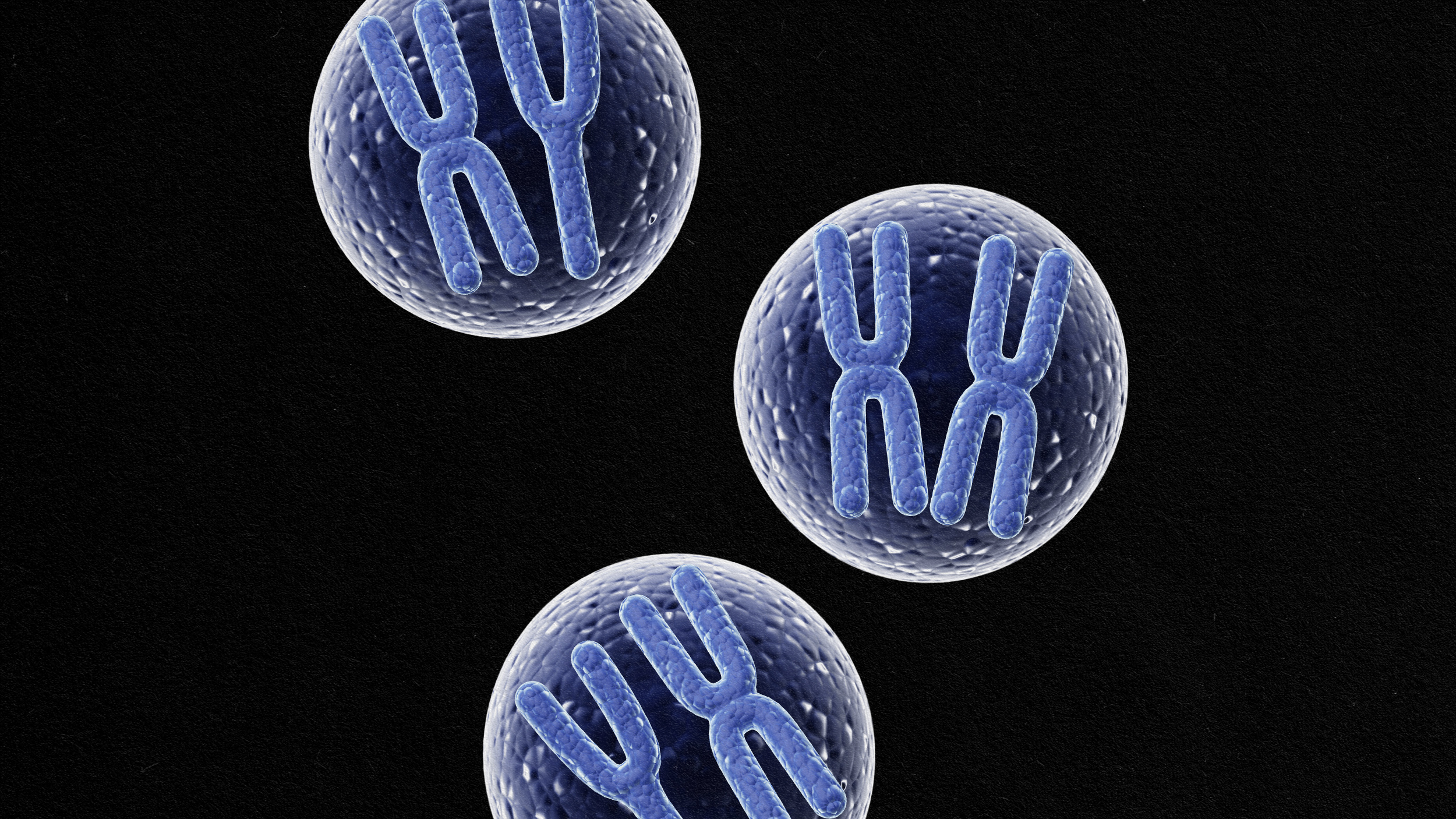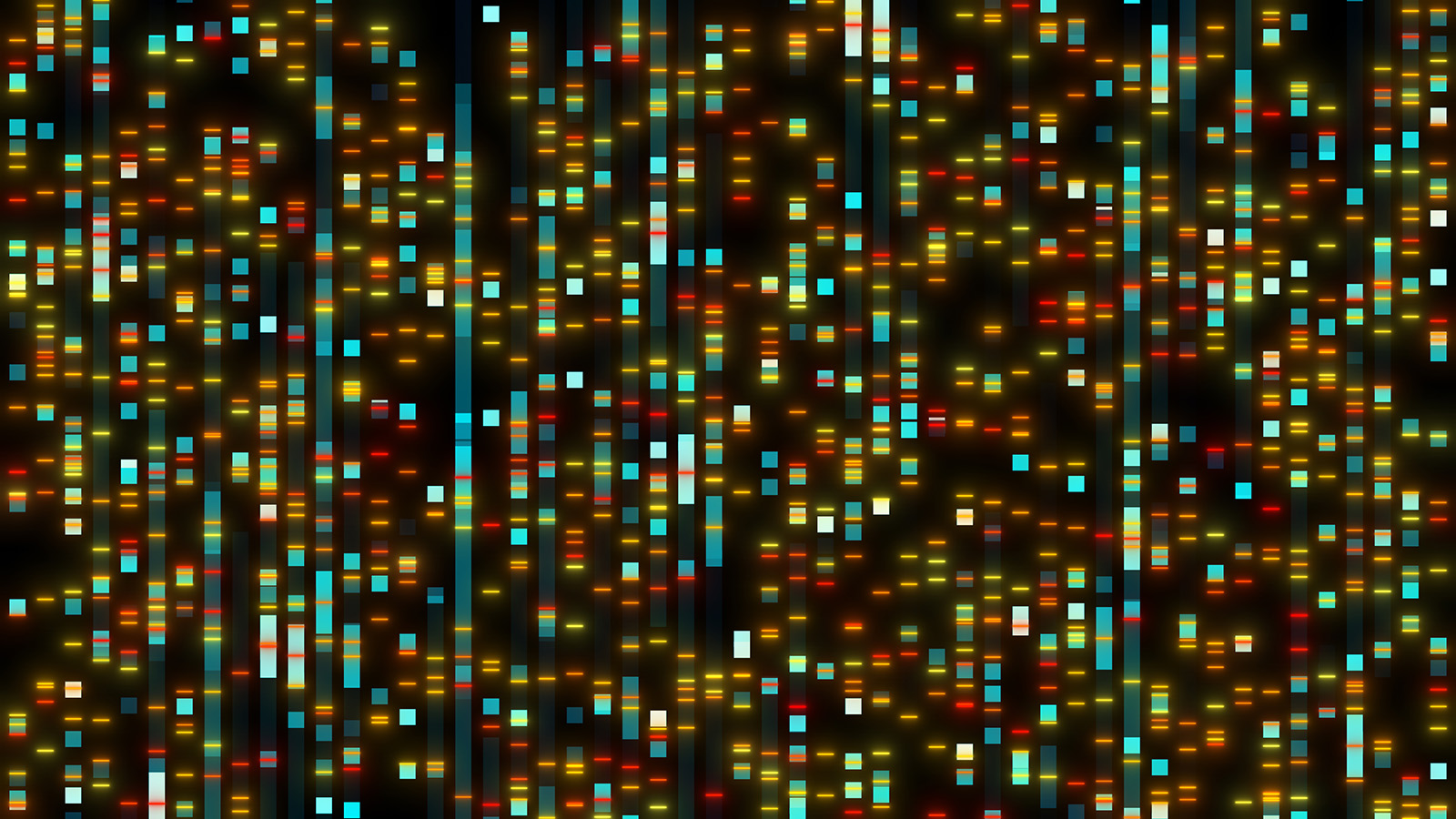New Study: Older Fathers Pass Down More Genetic Mutations

What’s the Latest Development?
A genomic study of Icelandic men shows that aging results in the transfer of more genetic mutations to offspring, possibly increasingly the likelihood of genetic diseases like autism and schizophrenia in future generations. By comparing whole genome sequences of 78 father-mother-child trios, Icelandic scientists found that “fathers passed on nearly four times as many new mutations as mothers: on average, 55 versus 14.” According to their findings, “a 36-year-old will pass on twice as many mutations to his child as a man of 20, and a 70-year-old eight times as many.”
What’s the Big Idea?
More genetic mutations are passed down from men because sperm cells are continually created and divided, acquiring a new mutation through each division, whereas women are born with a lifelong set of egg cells. While most mutations given to future generations are harmless, some are associated with diseases like autism and schizophrenia. “The [Icelandic] study does not prove that older fathers are more likely than younger ones to pass on disease-associated or other deleterious genes, but that is the strong implication…” Such genetic mutations, though sometimes unpalatable, do form the basis of natural selection.
Photo credit: Shutterstock.com





